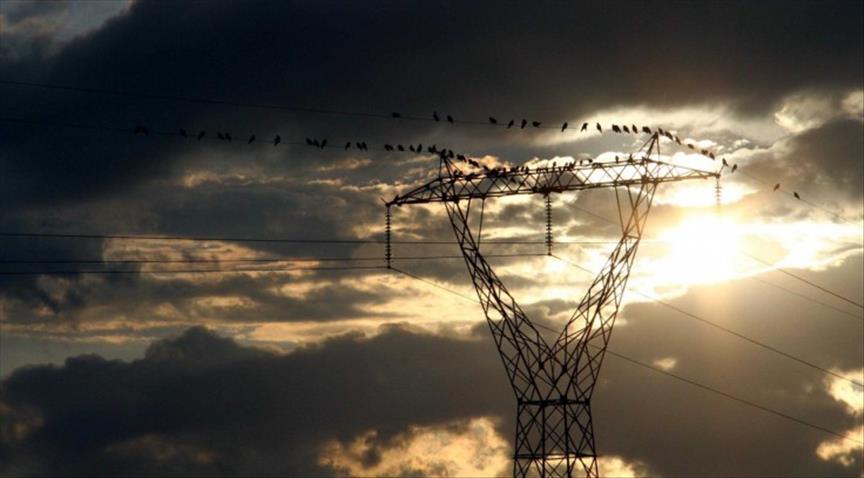Denmark and Germany paid the highest household electricity costs in 2013 due to high taxes and levies resulting from investments in renewable technologies, according to the U.S. Energy Information Agency.
U.S. Energy Information Agency's recently-released data reported the residential electricity prices in America and Europe revealing that taxes and levies were shown as the reasons for high electricity prices in EU countries. The average rate of taxes was 23 percent in 2006 and 31 percent in 2013, although it varied greatly from the lowest rate at five percent to the highest at 57 percent among the countries.
The agency underlined that in 2013, the average residential electricity rates in EU countries were more than double that of the United States.
In 2013, the average EU residential prices were 0.20 cents per kilowatt hour. Denmark and Germany's electricity prices per kilowatt hour were close to 0.40 euro cents while the U.S.' price was the equivalent of 0.12 euro cents.
Denmark experienced the highest tax rate with 57 percent from 2006 to 2013.
Denmark strives to transform its current 80 percent dependence on fossil fuels to wholly renewable energy by 2050, and aims to lead the way in reducing green gas emissions ahead of the EU. The country also tries to eliminate coal and gas for electricity supply and heating by 2035.
Germany's taxes and levies account for about half of retail electricity prices and transmission system operators charge residential consumers a renewable energy levy used to subsidize certain renewable generation facilities, according to the data.
Germany has initiated Energiewende, a program to turn to renewable energy and has been going through a process of meeting 20 percent of its total energy needs from renewables by 2020, 27 percent by 2030 and 80 percent by 2050.
Therefore, replacing existing facilities and fossil resources with new generation sources has increased their electricity cost, the data read.
- Gas prices affect electricity prices
Another reason for the EU's high electricity prices is that the EU consumed more natural gas than they produced and thus, depended on imported gas and liquefied natural gas, according to the agency. Additionally, natural gas prices between 2006 and 2013 increased by more than a third in the main trading hubs of the U.K. and Germany.
The U.S.' electricity prices were not affected by natural gas prices as domestic production in the country has been increasing.
Bulgaria, with the lowest rate of all the EU countries with 5 percent, had a cost of 0.12 euro cents per kilowatt hour. The country's political instability prevented a nine percent rise on electricity prices being implemented.
By Nuran Erkul
Anadolu Agency


